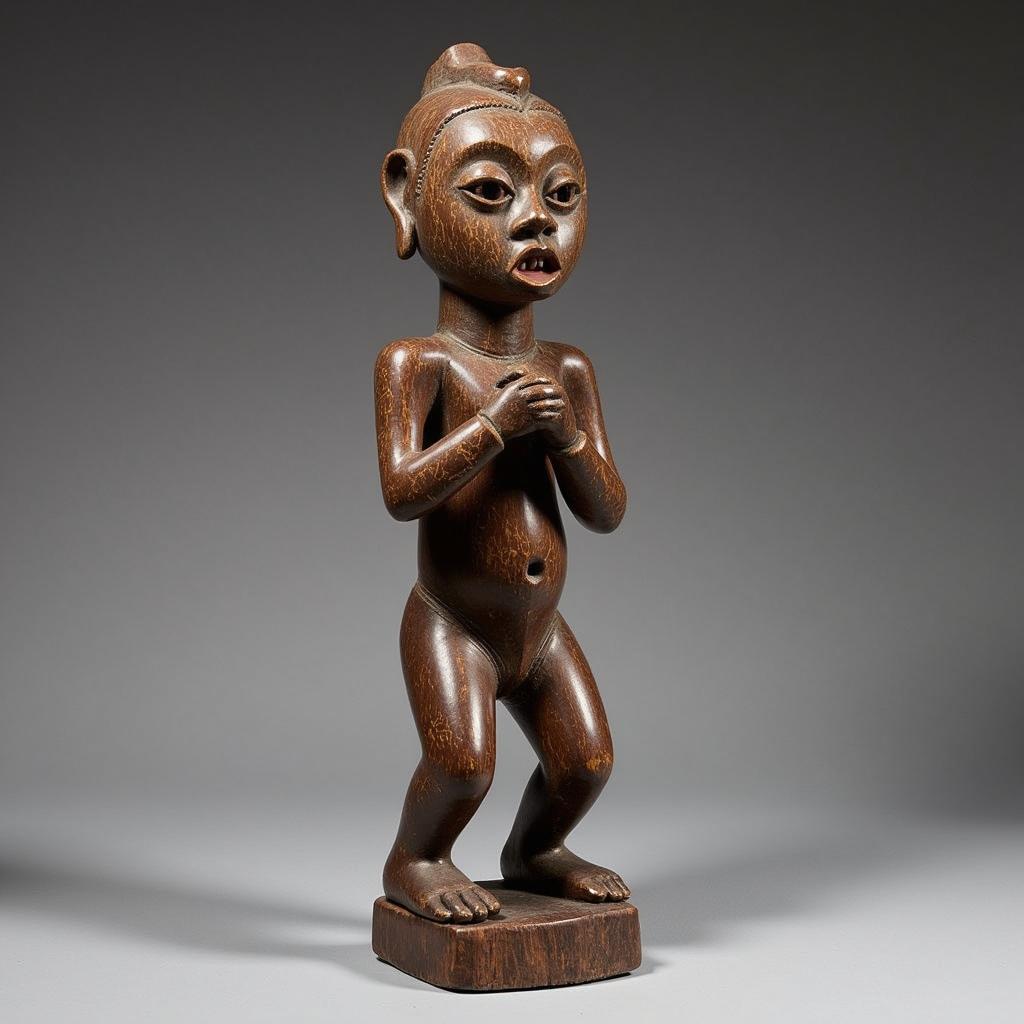5 Interesting Facts About African Elephants
African elephants are majestic creatures that hold a special place in the hearts and minds of people all over the world. These intelligent and social animals are vital to their ecosystems, playing a crucial role in shaping the African landscape. Here are five intriguing facts about African elephants that might surprise you:
African elephants are the largest land animals on Earth.
African elephants are the largest land animals on Earth, weighing an average of 6,000 to 14,000 pounds. They are also among the tallest land animals, reaching heights of up to 13 feet at the shoulder.
[shortcode-1]african-elephant-size-comparison|African Elephant Size Comparison|This image shows an adult African bush elephant next to a human for scale. The elephant is significantly larger and taller, demonstrating its impressive size.
African elephants have the longest gestation period of any land mammal.
An African elephant’s gestation period is between 22 and 23 months. This means that a baby elephant will be carried inside its mother’s womb for almost two years before being born. During that time, the mother will provide all the nourishment and protection that the growing calf needs.
[shortcode-2]african-elephant-mother-and-calf|African Elephant Mother and Calf|This image shows an African elephant mother and her calf. The calf is very small compared to the mother, showcasing the significant difference in size between an adult and a baby elephant.
African elephants communicate through a variety of vocalizations and infrasound.
African elephants have a complex communication system that allows them to stay connected with each other and navigate their environment. They use a variety of vocalizations, including trumpets, roars, and rumbles, to communicate with each other. They also use infrasound, which is a low-frequency sound that travels long distances, to communicate over long distances.
[shortcode-3]african-elephant-communication|African Elephant Communication|This image shows a group of African elephants communicating with each other. They use a variety of vocalizations and infrasound to stay connected, share information, and coordinate their movements.
African elephants are crucial to their ecosystems and are known as “ecosystem engineers.”
African elephants are considered “ecosystem engineers” because they play a significant role in shaping their environment. They use their tusks and trunks to dig for water and salt, create paths through dense vegetation, and uproot trees. These actions create new habitats for other animals and help to maintain the biodiversity of the African landscape.
[shortcode-4]african-elephant-ecosystem-engineering|African Elephant Ecosystem Engineering|This image shows an African elephant using its tusks and trunk to uproot a tree. This action creates an open area that can be used by other animals and helps to maintain the biodiversity of the ecosystem.
African elephant populations are facing threats from poaching and habitat loss.
African elephants are facing serious threats from poaching for their ivory tusks and habitat loss due to human expansion. These threats have led to a significant decline in elephant populations across the continent, and the African elephant is now listed as an endangered species.
[shortcode-5]african-elephant-conservation|African Elephant Conservation|This image shows a group of people working to protect African elephants. They are working to prevent poaching and habitat loss, and to raise awareness about the importance of elephant conservation.
Frequently Asked Questions:
Q: What is the difference between African bush elephants and African forest elephants?
A: African bush elephants and African forest elephants are two distinct subspecies of African elephants. The main difference between them is their size, with forest elephants being smaller than bush elephants. Forest elephants also have straighter tusks than bush elephants.
Q: What is the lifespan of an African elephant?
A: The lifespan of an African elephant in the wild is about 60 years. However, they can live longer in captivity, with some elephants reaching the age of 70 or even 80 years.
Q: Are African elephants herbivores or carnivores?
A: African elephants are herbivores, meaning they eat plants. They are known to eat a variety of grasses, leaves, fruits, and bark.
Q: What is the significance of African elephants to African culture?
A: African elephants are deeply embedded in African culture and tradition. They are often revered as symbols of strength, wisdom, and good fortune. In many African cultures, elephants are associated with ancestors and spiritual beings.
Q: What can I do to help protect African elephants?
A: There are many ways you can help protect African elephants. You can support organizations that work to conserve elephants, educate yourself and others about the threats they face, and avoid buying products made from ivory.



